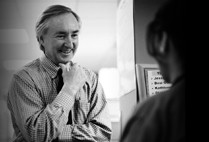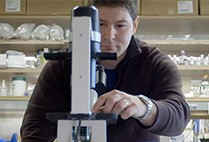
Issue Archives
Bostonia is published in print three times a year and updated weekly on the web.


Summer 2018

Winter-Spring 2018

Fall 2017

Summer 2017

Winter-Spring 2017

Fall 2016

Summer 2016

Winter-Spring 2016

Fall 2015

Summer 2015

Winter-Spring 2015

Fall 2014

Summer 2014

Winter-Spring 2014

Fall 2013

Summer 2013

Winter-Spring 2013

Campaign 2012

Summer 2012

Winter-Spring 2012

Fall 2011

Summer 2011

Winter-Spring 2011

Fall 2010

Summer 2010

Winter-Spring 2010

Fall 2009

Summer 2009

Spring 2009

Winter 2009













Related Stories
Medical Professor Named Searle Scholar
Biologist Neil Ganem is the first BU researcher to earn the award
CReM Honored for Sharing Stem Cell Lines
Team wins award from Association of American Medical Colleges
CReM Stem Cell Researcher Is Innovator of the Year
MED’s Gustavo Mostoslavsky invented tool facilitating cell production
Post Your Comment